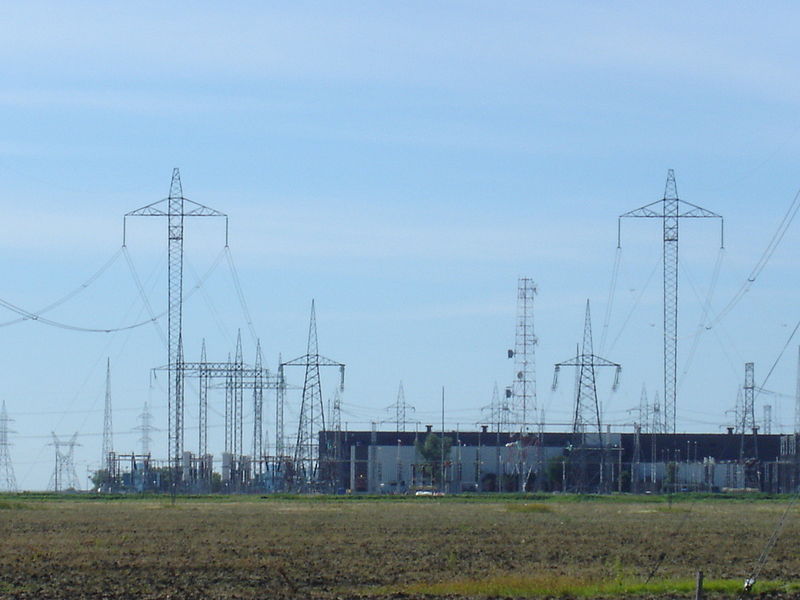By Ron Brisé
As someone who served as a public service commissioner with regulatory oversight over a large state’s electric utilities, I am fully supportive of using every tool in the toolbox to ensure that power companies provide reliable and affordable electricity to customers.
However, based on my real-world experiences, I also believe there can be too much oversight, which creates an unfair burden on the utility. Government regulators must not be so heavy-handed that the utility spends more time navigating the regulators than ensuring quality service. Ultimately, power companies spending significant time dealing with regulatory red tape for regulators – and not focusing on their core functions which are running a utility – can result in both higher electric bills and less reliable power for customers.
This is why, I have serious concerns about the SB 7, which has now been presented before the State House in Hartford, that would give massive new regulatory powers to the Chair of the Connecticut Public Regulatory Authority, and for new mandates upon the state’s investor-owned utilities under its purview.
Specifically, the legislation eliminates the model for the state’s regulated electric companies to utilize a proper rate case to give certainty to customers, the utilities, and investors. Under the current system, a rate case is an orderly process that occurs every few years where the electric companies propose changes to rates, and specifically outline their investments to modernize the power grid and ensure more reliable electricity for customers.
Oftentimes, a rate case will result in a settlement agreement between all interested parties. This is often an efficient way for a company and all stakeholders to come to agreement on the best path forward. Keep in mind, these agreements are approved by the Public Utilities Regulatory Authority, or PURA.
The proposed legislation would allow the chair of the PURA to open a new rate case, anytime and disallow cost recovery of expenses for bringing a proceeding before PURA. This is in direct conflict with the regulatory compact between companies and the regulators as these are essential expenses necessary in order to make prudent investments in the electric system and to set rates. The company must bring cases before PURA to function for the benefit of customers, as these provisions will ultimately result in increased costs for customers. This will result in a burdensome regulatory environment for the utilities, resulting in increased costs and borrowing costs to obtain needed capital to modernize the grid, damaging the state from a business development standpoint.
Wouldn’t it be a shame to lose out on the jobs and tax dollars associated with economic development, because Connecticut sends a message to businesses that it is increasing the regulatory barriers for utilities without any real benefit for customers?
It should also be noted that one of the labor organizations that represents the workers, like linemen, for a regulated utility in Connecticut came out against this legislation. These front-line workers oppose this legislation because they understand that it will result in a less, not more, reliable electric company. Keep in mind, these linemen are the men and women who brave the harshest of weather conditions to repair and maintain the electrical grid to ensure people have power.
Finally, I urge Connecticut legislators to rethink this proposal. Residents were understandably frustrated when electricity bills jumped last winter after the war in Ukraine drove up natural gas prices. Lawmakers understandably want to show their constituents that they are holding the utilities accountable. But this legislation would disincentivize businesses from investing in the state, and create less reliable, more expensive power for all electric utility customers in Connecticut.
Ron Brisé is a former member of the Florida Public Service Commission and is an electricity regulatory expert.
Originally published by RealClearEnergy. Republished with permission.
For more on electric utility regulation, click here.
For more on Connecticut policy matters, click here.
